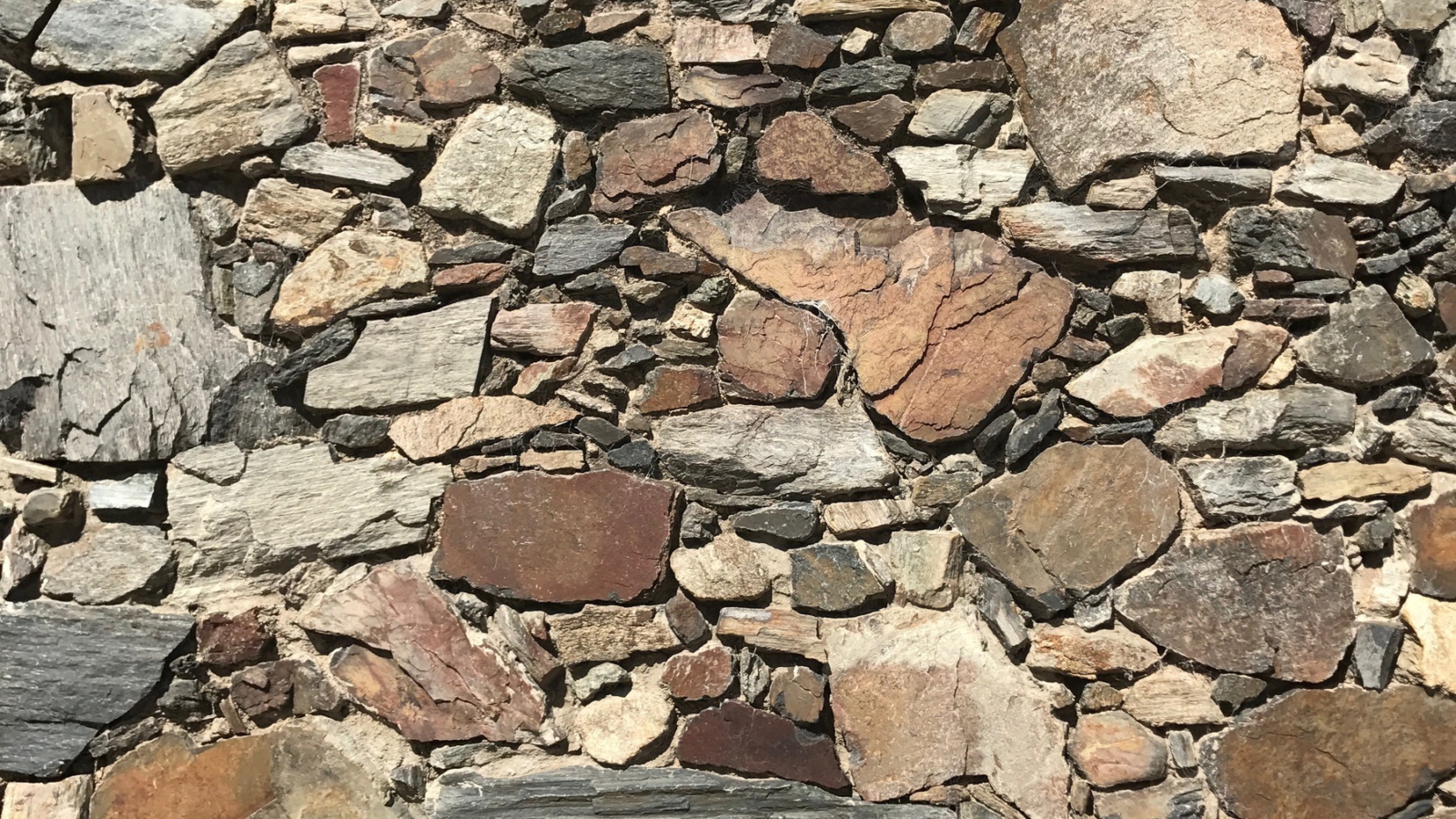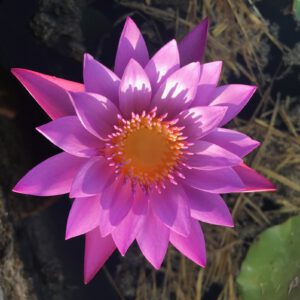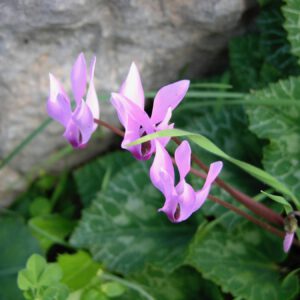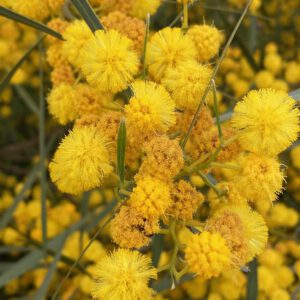Chapter 6 “Many me’s“
Several months after my first experience in therapy with the entheogenic medicines, L suggested that I go deeper into my current narrative and ask who I am in this life, in this incarnation – for that is what shapes the present. What is the meaning of me and who am I really, she asked? For example, there are many me’s – son, brother, friend, lover, husband, father, and scientist. How do all these different me’s fit together? While derivatives of the same psyche, they fit like the bracts of a pine cone that spiral outward in a Fibonacci pattern of symmetry. They are the different roles I have played, each with their own nuances of conditioned behavior and all fitting what Jung would label as an innocent ego archetype. They form a core that spirals outward in time to give rise to the collective me. How many you’s can you name?
But what do I want from this life, before the last me – the elder, more experienced me – leaves this world? This question is one we should ask ourselves every day – not to cause dissonance or embody regret, but rather to frame our desires, hopes, and attachments in a way that might better allow them to be realized.
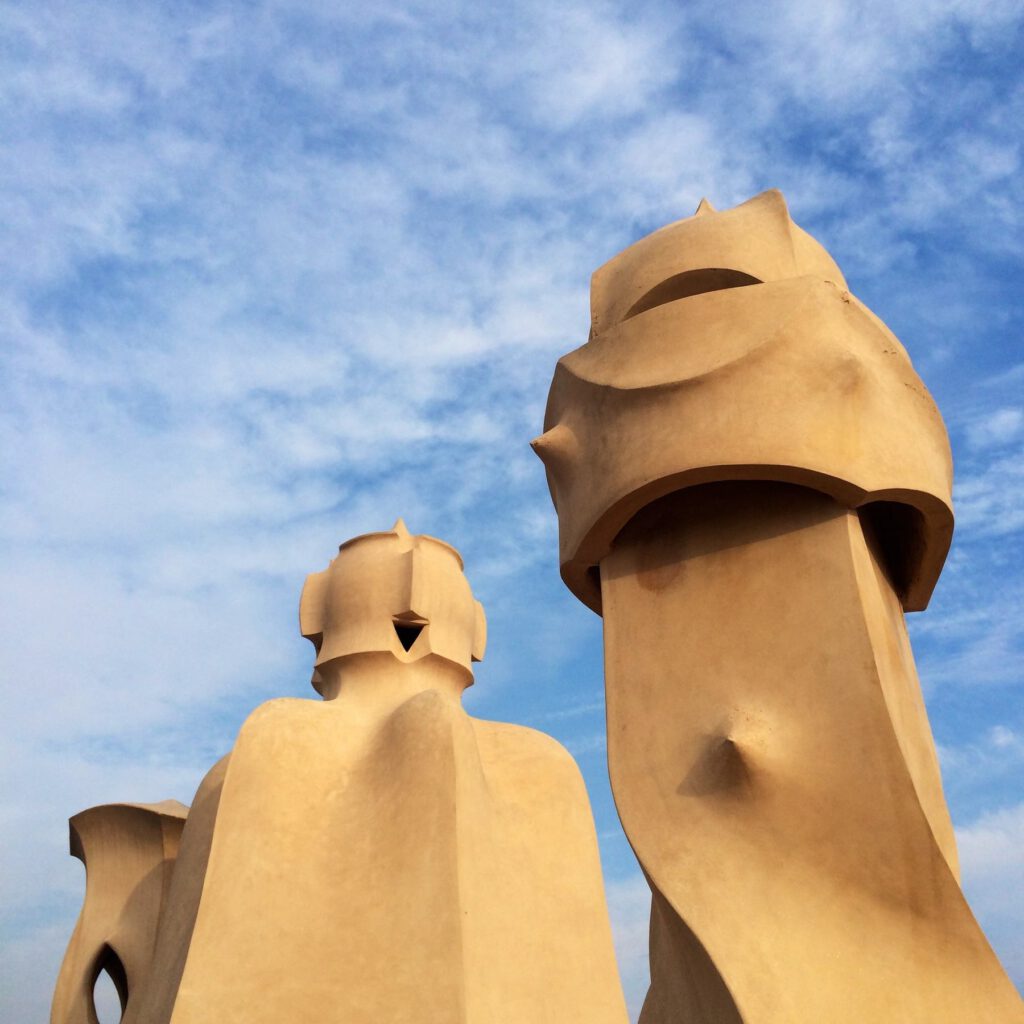
We are humans and, thus, co-create our world on the basis of attachment to the outcome of our experience – the what will be. We are even attached to attachment itself and can no more live detached from attachment than we can gather our own food or build our own shelter anymore. So what do I want to create from this experience, this character I have played? Ask yourself.
That existential question I have never asked. In many ways, I have lived a life that has flowed like a river, from opportunity to opportunity, experience to experience, and person to person. It has brought me far across oceans – to live and learn in different cultures with different languages. It has brought me many friends, lovers, wives, and children – and the beauty of experience seemingly without end. I am grateful for all I that have known. Yet, just as river and stream meet at land’s end and are swallowed by the sea, a horizon beckons for me as well. Was there ever a plan for this life? I think not. But the dream unfolds daily in a myriad of possibilities, even as the horizon grows closer.
So, in this journey with the medicine I re-experienced being with my parents, who had long since passed away, each on his own and many years apart. By being, I mean that I did not talk or interact with them, as one might in when awake or in a dream. But held in the warm embrace of the medicine I was able to focus with greater clarity on what had transpired with them and could better understand how they grew up – one, a daughter of divorced parents in Depression-era Chicago and the other, a less than equal German in Weimar-Nazi Germany. Neither had sufficient time nor opportunity to discover (and become secure in the knowledge of) their true selves before the war or after, when the endless responsibilities of family came. Thus, I could comprehend how their situations in early life had affected them and understand how they had influenced mine. In the end, and with no hesitation or remorse, but with love and empathy, I could forgive them for not knowing how to love themselves, how to love each other, or how to provide emotional support to their children. For often, what is not taught is never learned.
Of all the entheogens I have used, I find MDMA to be the most potent in self-teaching. It works effectively on the personal narrative – the me – and allows one to revisit life experiences with full awareness and empathy towards the self and others. Thus, one can assume a state of innocence and acceptance from which self-love and understanding flows. It showed me that I must love myself completely, despite the imperfections, weaknesses, and moments of self-doubt. Moreover, that I must reclaim myself and trust that I can make my life more joyful, more purposeful in spirit, and more complete. I am the creator of my world and while I may need to take responsibility and action in life, I must accept happens without resistance. It is a choice to worry, a choice to be afraid, a choice to suffer – so one can make the choice not to. If anyone says that they do not choose to suffer, do not believe them. Attachment causes suffering – the outcome we desire, but may fail to achieve, is what causes suffering. Limit what you want, accept with gratitude what you have, and do no harm.
